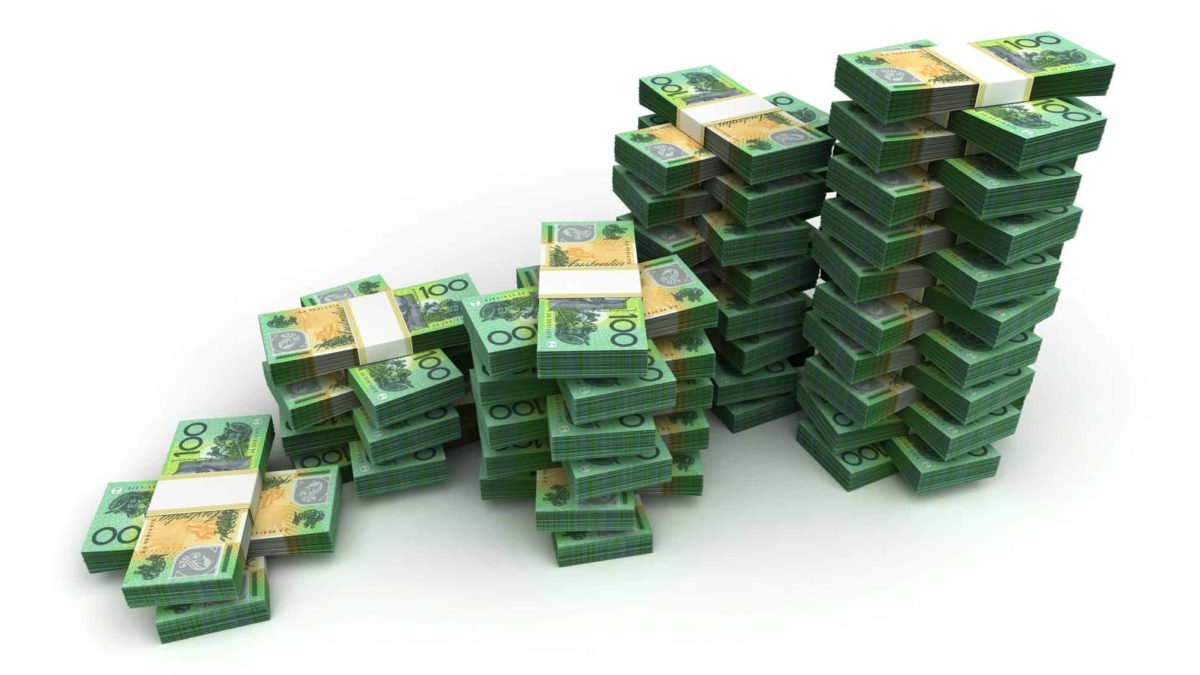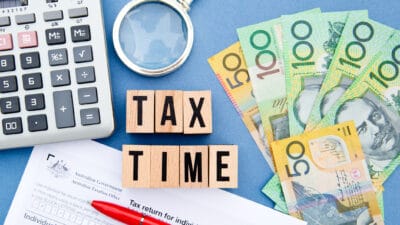Many Australians tend to view our country as blissfully egalitarian. Aussies are inclined to believe, as a nation, we are largely unencumbered by the massive wealth disparities of the United States, for example, home to nine of the ten richest people on the planet, according to Bloomberg.
We also don't participate in the classic class divides that our friends over in the United Kingdom do, with their lordships, dukedoms and such. But we are still a country of wealth disparity, as is inevitable in a capitalist economy.
But how wide is this disparity? Well, reporting from The Sydney Morning Herald (SMH) today sheds some light on that question. The report was compiled using data from the Australian Bureau of Statistics and was originally prepared by the Australian Council of Social Services (ACOSS) together with the University of New South Wales.
How wealthy is the average household?
According to the SMH, the richest tenth of households today owns almost half of Australia's private wealth. Egalitarian indeed.
There is a "comfortable middle" 30% of Australian households that control roughly 38% of the country's household wealth, which leaves the lowest 60% of Aussie households with just 16% of the pie.
According to the report, the average net worth of a household in that upper echelon reached $4.75 million in FY2018, representing 46% of the total private wealth in the country. This was vastly assisted by growth in property prices, as well as "a disproportionate share of stocks and business investments".
That "comfortable middle" came in with an average net household worth of $1.3 million. Whereas the bottom 60% averaged a net worth of just $277,000.
These figures include the net value of the family home, as well as superannuation balances. You can see a more detailed breakdown of the SMH's data here:
| Household Income | Share of Total Wealth | Average Wealth | Average Value of Wealth Components |
|---|---|---|---|
| Highest wealth | 46% | $4.75 million |
Own home (less mortgage): $1.41m Other non-financial assets: $211,000 Superannuation: $897,000 Other real estate (less expenses): $802,000 Shares, business and financial: $1.44m Other debt: -$10,000 |
| 'Comfortable middle' | 38% | $1.28 million |
Own home (less mortgage): $615,000 Other non-financial assets: $126,000 Superannuation: $297,000 Other real estate (less expenses): $104,000 Shares, business and financial: $164,000 Other debt: -$8,000 |
| Lower wealth | 16% | $277,000 |
Own home (less mortgage): $120,000 Other non-financial assets: $56,000 Superannuation: $69,000 Other real estate (less expenses): $13,000 Shares, business and financial: $28,000 Other debt: -$56,000 |
Data: SMH and ACOSS/NSW, Table: Author's Own
What about income?
The report also finds that income disparity is not as divergent compared to household wealth. It indicates that the highest-earning 20% of households had an average pre-tax income of just under $300,000 per annum, with the middle 20% coming in at $116,000 and the bottom 20% at $41,000.
However, it also notes that investment income is "highly concentrated at the top end", with around two-thirds going to the wealthiest 20% of households, compared to 44% of wage/salary income. That's an average of $1,000 a week from investment income. This disparity is something we Fools think should change! Hence our mission to bring the joys of investing to as many people as possible.
So now you know where you and your household stands compared to your fellow Australians. Hopefully, this report provides some insight and perspective into how wealth and income are sloshed around in our 'lucky country'.









